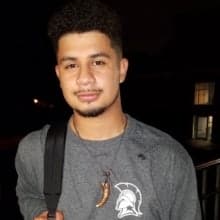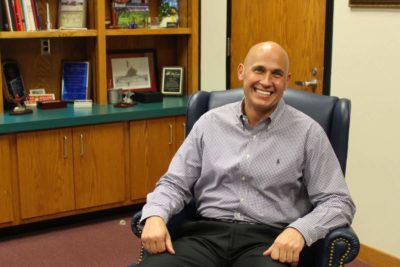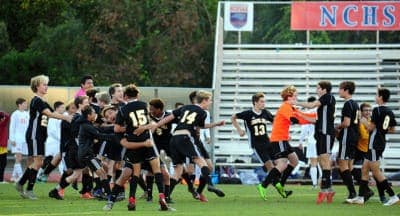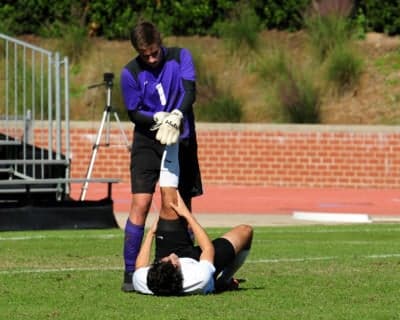

When I came to the United States as an undocumented immigrant in 2004, the biggest obstacle that I automatically faced was the language barrier. I entered the Charlotte-Mecklenburg Schools system and was placed in kindergarten due to my age, but my lack of knowledge in the English language held me back from learning and participating in class.
We played word games in class, and I explicitly remember that every time it was my turn, I promised myself I would get it right that time. My turn came as fast as it went by: I got up, and sat back down in failure. The end of the school year came around and I was held back because I hadn’t managed to learn English — but it’s hard to teach yourself when your parents don’t speak it either.
After being held back my first year of school, I was constantly having to answer questions like:
“Why are you older than everyone else?” and “Did you fail?”
I had to respond: “I failed kindergarten.”
It grew embarrassing to hear their rebuttal after my answer. That gave me determination to excel in school and to get the highest grades I possibly could (mostly As and Bs). Getting those scores always felt so rewarding throughout grade school; honor card assemblies and bragging rights were the best intangible reward as a kid.
Entering eighth grade, I decided that I wanted to play soccer at a college level, but for that I needed to have college-level grades. So I made a decision: after high school, I was going straight to college. I went into high school like most freshmen do, astonished by the amount of liberty that you get. I managed to keep my grades in tip-top shape, making me eligible for higher-level courses. From 10th grade to graduation, every class I took was Honors, IB, or AP.
But no matter how much “college prep” the school said they offered, nothing compared to the work, stress, and time that college has actually brought. When you are in school, the district as a whole seems to want to prepare you for the next chapter of your life, but all that seems to be ineffective in the moment.
Saying “college, textbooks, and courses are expensive” does not give you a price. Being a first-generation college student in my family, I had to learn those things, as well as others, on my own. I struggled applying for a college’s medical insurance by myself.
Having teachers who invested their heart to teaching — like my AP U.S. history teacher who still helps me to this day — did help me a lot and I am very grateful for teachers like him. If I could suggest a change to help a student like me prepare more efficiently for college, it would be to add a college-preparedness course in high school. A course of that nature would be greatly appreciated by those students who are oblivious when they enter college. I know that in my time, it surely would’ve helped me.




